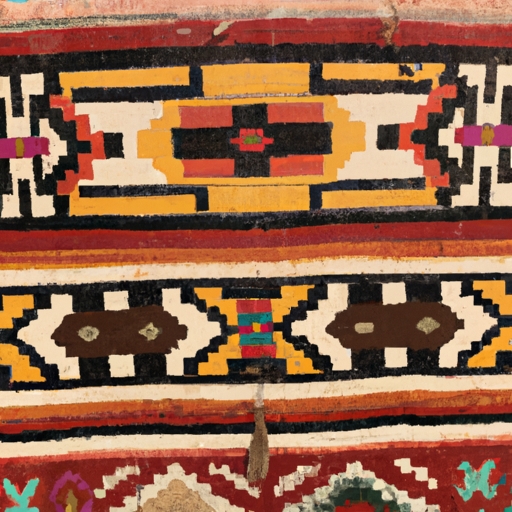
Explanation of the significance and symbolism behind spirit lines
how do i find out if i am native american
Title: Exploring Native American Heritage: Uncovering My Ancestral Roots
Introduction:
Native American heritage is a captivating topic that allows individuals to delve into their ancestral origins. Many people, like myself, are curious about their possible Native American lineage and seek ways to determine if they have indigenous roots. In this essay, I will discuss various methods one can pursue to discover their Native American heritage, while highlighting the significance of each approach.
Body:
1. Genealogical Research:
One of the primary avenues to explore Native American heritage is through genealogical research. By tracing family records, birth certificates, and historical documents, we can unravel our family tree and identify potential indigenous ancestors. This method requires patience and meticulous examination of archives spanning several generations.
2. Oral History and Family Stories:
Another valuable resource for determining Native American ancestry lies in oral history and family stories passed down from generation to generation. Elders often hold treasured accounts of our ancestors' cultural practices and connections to indigenous communities. Listening attentively to these narratives can provide vital clues regarding our own heritage.
3. DNA Testing:
Advancements in genetic science have revolutionized the exploration of ancestral backgrounds by offering DNA testing services for individuals seeking answers about their heritage. These tests analyze genetic markers associated with specific ethnicities or regions, which can help identify a potential connection to Native American tribes.
4. Tribal Affiliation Resources:
Many Native American tribes maintain extensive records and resources for individuals seeking verification or affiliation with their respective tribal nations. Engaging with tribal representatives or visiting tribal centers can facilitate access to these valuable resources, including enrollment applications or membership requirements.
5. Cultural Immersion & Education:
To foster a deeper understanding of Native American culture and heritage, immersing oneself in educational programs or events organized by indigenous communities proves invaluable. Participating in powwows, attending cultural workshops, or even volunteering at reservations allows for meaningful interactions with native peoples that aid in connecting to one's ancestral roots.
Conclusion:
Discovering if we have Native American heritage requires a multi-faceted approach that combines genealogical research, oral history, DNA testing, tribal resources, and active engagement with indigenous communities. By exploring these avenues, we can piece together the puzzle of our ancestry and develop a greater appreciation for the rich cultural tapestry that comprises Native American heritage. Embracing our ancestral connections fosters understanding and respect for the traditions and contributions of Native Americans throughout history.